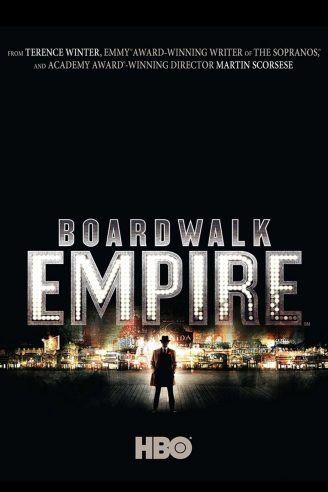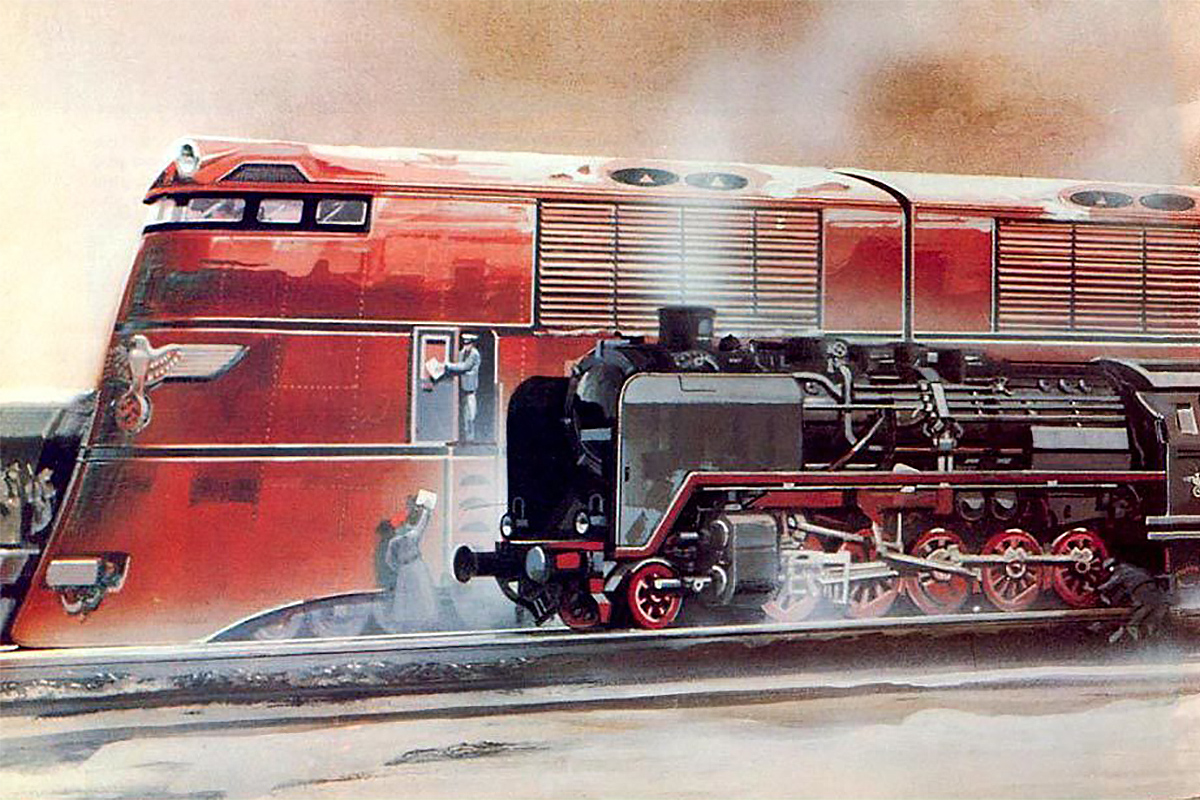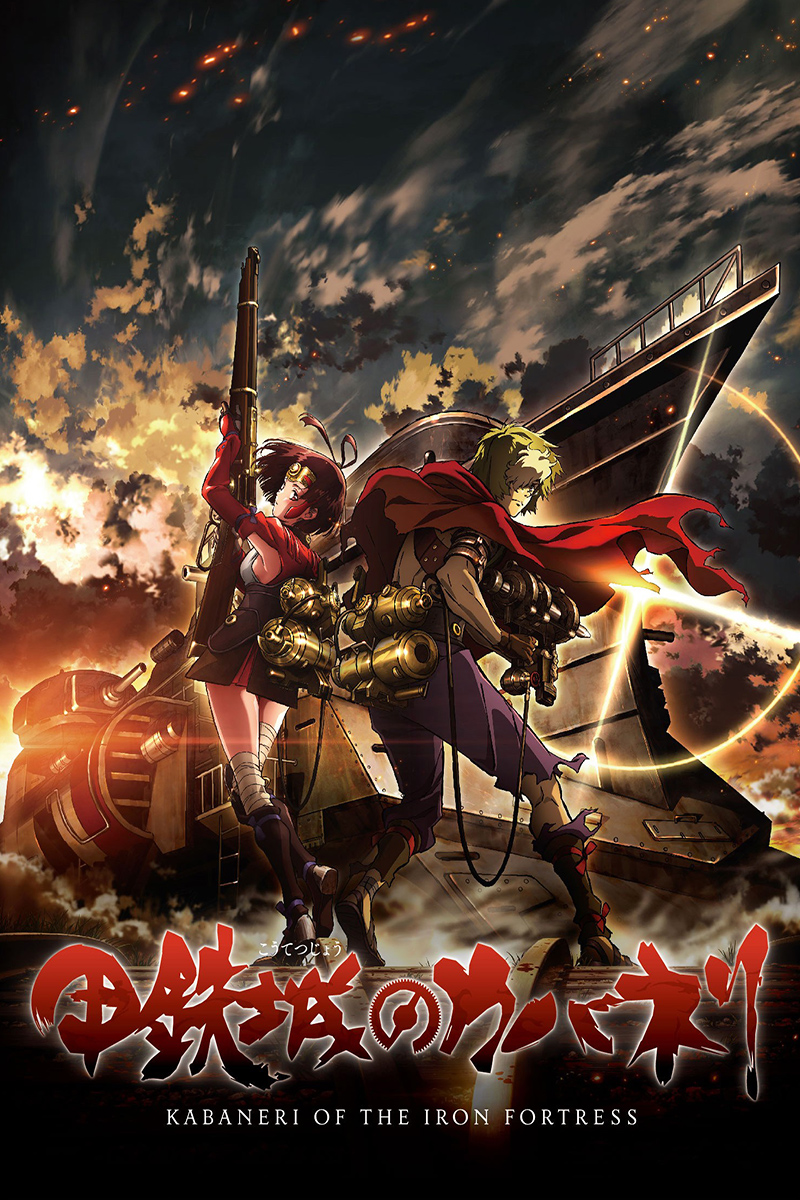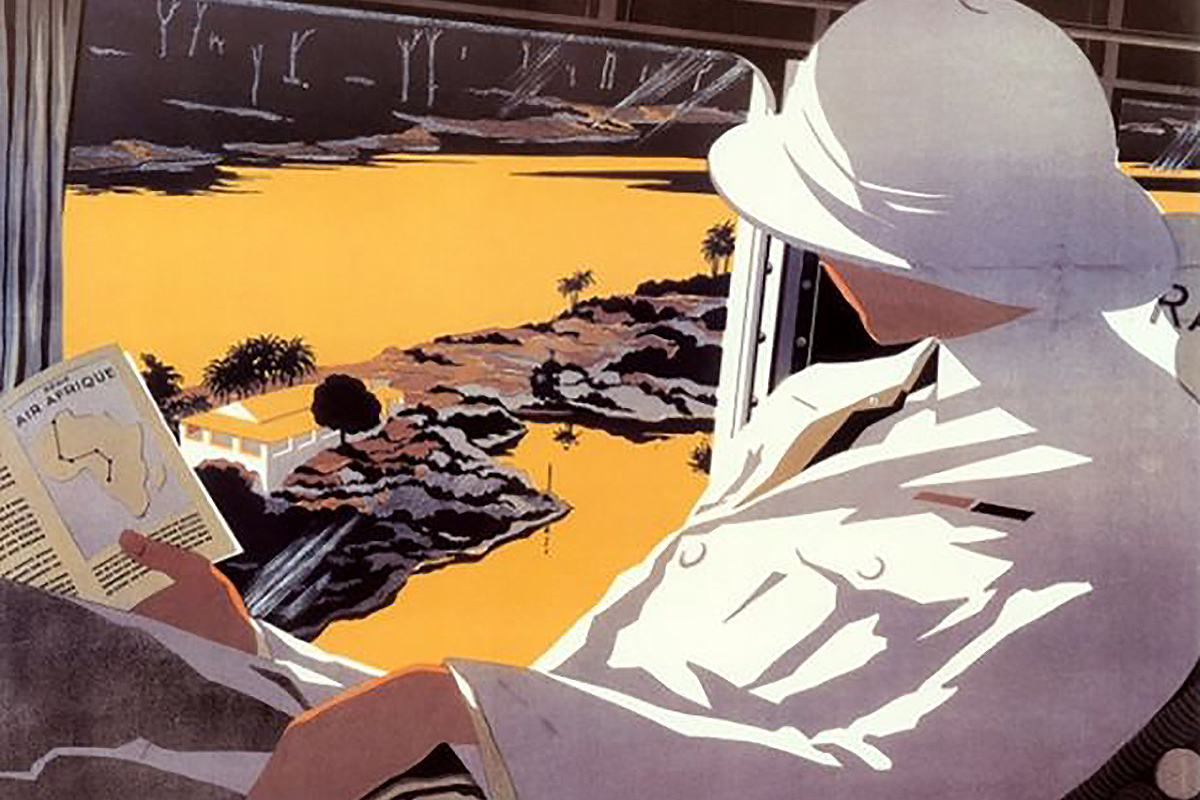HBO’s Boardwalk Empire is the best thing that’s been on television since AMC launched Mad Men several years ago.
If you’re unfamiliar with the series, imagine The Sopranos, set some ninety years in the past. It’s Atlantic City during Prohibition and Boardwalk Empire combines bootlegging and American upper-class bliss in a splendid mix. It is the Roaring Twenties and, although liquor is banned, The World’s Playground went through its golden age of gambling and entertainment.
Ruling this pleasure resort is Nucky Thompson, city treasurer and uncontested boss of the Republican Party machine in town. You’ve never seen Steve Buscemi this swell.
The pleasure of watching Boardwalk Empire is more than the thrills of alcohol trafficking and vice; it is more than the costumes and oddities of the American 1920s, enjoyable though they may be; the real strength of the series is its carefully plotted storyline and character development.
As the drama unfolds, we see and feel our characters change. While Atlantic City, quite probably the apogee of freewheeling Jazz Age America, celebrates, increasingly Nucky and those around him are aware that the game they’ve been caught up in is far more serious than anything they’ve dealt with so far. When people start dying, it’s a different ballgame all of the sudden and it affects them. Some are hardened, others start wondering whether they’re in the right place and consorting with the right people.
It is, in the words of USA Today, “extravagantly produced, shocking violent and as cold and hard as ice.” A treat for any dieselpunk aficionado!
This story first appeared in Gatehouse Gazette 17 (March 2011), p. 7, with the headline “Boardwalk Empire”.





